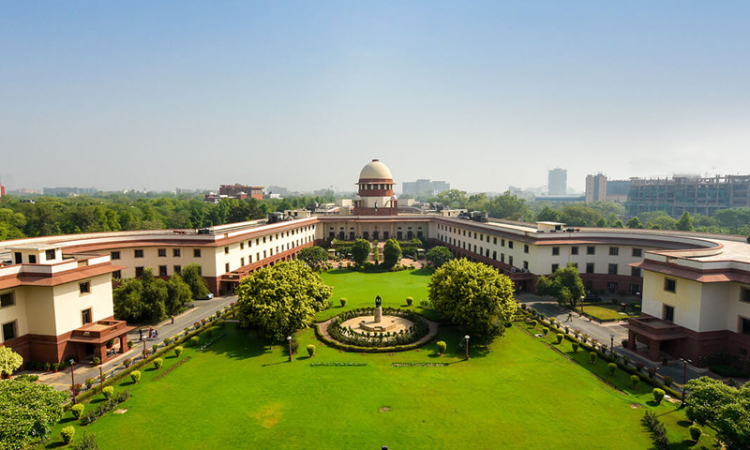States Have Exclusive Legislative Power In Cooperative Societies' Matter: Supreme Court
LIVELAW NEWS NETWORK
20 July 2021 8:37 PM IST

Next Story
20 July 2021 8:37 PM IST
Co-operative societies as a subject matter belongs wholly and exclusively to the State legislatures to legislate upon, the Supreme Court observed in its judgment striking down the provisions of the Constitution(97th Amendment) Act to the extent it introduced Part IX B in the Constitution to deal with co-operative societies.The bench comprising Justices RF Nariman, KM Joseph and BR...
